A Sunday afternoon stroll along the beach, followed by a glass of merlot and a cigarette over a game of chess. These are the pursuits on offer in Bientôt l’été, Tale Of Tales most ambitious work to date.

Life’s simple pleasures are usually explored in prose or film as the backdrop to finer character development or conversational tête-à-tête, and frankly these don’t often occur in video games. There’s no lack of reason for this; aspiring to subtle emotion and characterisation is one of the quickest routes by which to rupture any sense of atmosphere and tone garnered by a carefully and expertly crafted visual and aural palette.
Thankfully, Belgian developer, Tale Of Tales have never shied away from tackling difficult-to-capture moments. Previous games of theirs have strived to represent and evoke feelings of mortality, youthful rebellion and the lure of the unknown and of power. The beheading of John The Baptist by King Herod in Oscar Wilde’s play ‘Salome’ provided inspiration for Tale Of Tales’ FATALE: Exploring Salome, and it makes for a good jumping off point in understanding the role of prose in Bientôt l’été. Both are heavily influenced by literary works and use unconventional interfaces to create a sense of awkwardness between player and world.
The stereotype informs us that the film-of-the-book is rarely the match of the book it is adapted from. However, I have long been of the opinion that this notion is born more from a perceived hierarchy of cultural media rather than any hard or fast rule. An adaptation, whatever the source and destination medium, should capture the intent and tone of its inspiration. In doing this it can both stand alone on its own merits and be a companion piece which provides another means through which to experience similar thoughts, emotions and ideas. Take, for example, BioShock; on the surface its own beast, but it draws significantly from the works of Ayn Rand – a writer whom many of the game’s players (myself included) will not have read. Likewise, Marguerite Duras is a writer I know by name only. Does my encountering her work through a video game lessen its impact or import? I contend not.

Bientôt l’été isn’t a straightforward adaptation though; lines from several of Marguerite Duras’ novels can be found between breaking waves and silken sand at the shoreline of the beach on which the first section of the game takes place. After choosing a male or female avatar, players find themselves free to explore a beautiful golden beach. Representative of new horizons, and of great distances, the sparsity of a beach makes for a simple environment. Importantly this means that the few key details to be discovered are all the more powerful; the gulls, the aforementioned wash at the shoreline, the inviting benches, the lone building, the changes in music, the ends of the beach and what lies beyond.
Like the water lapping at their feet, Marguerite Duras’ words permeate and punctuate the calm stroll that the player is invited to take. In this way they help nurture the tone of Bientôt l’été, without dominating pace or direction. It is only in the second part of the game that they are given purpose, in the immediate sense of the word.

In that lone building, standing upon the beach, is a café in which the second part of the game takes place. Upon arriving at a table you are informed that you should wait for a partner. Once found, your partner will engage you in a game of chess over a glass of red wine and a cigarette. This provides the backdrop to a conversation between you and your anonymous fellow player; a conversation that is affected by what you found on the beach.
The conversation is best compared to the communication used in thatgamecompany’s Journey to allow two strangers to interact. Though clearly stilted, it is possible to develop a form of understanding with your partner. The inefficacy of the conversation as a form of interaction is most certainly intentional and speaks directly to the theme of the game, which becomes more poignant the more conversations you engage in.
Each time you leave the café to return to the beach, there will be another discovery that can influence your next conversation. I realise I’m being vague, but I genuinely hope to allow Bientôt l’été to retain its sense of mystery. What is safe to discuss is the context of the discussion. The beach and the café form two parts of a galaxy-spanning communication system. Whether the system is intended to be used to contact a known individual or a random stranger I’m still not sure, but the awkwardness of the holographic beach and café are vital to the fiction of Bientôt l’été. Like Moon and Solaris before it, Bientôt l’été deals with the mental and emotional stresses that space travel could lead to. This system has been designed specifically to overcome feelings of loneliness resulting from extreme isolation.

I do not know if the emotions that Bientôt l’été channelled in me were true to its inspirations, but I feel as though I understand the tone and intent of Marguerite Duras’ writing. In that way I have been impacted by her words, whatever the medium through which I encountered them. FATALE inspired me to read the Oscar Wilde play on which it was based, and I think I understood both the game and the play more deeply by having encountered the other. I cannot say whether the same will be true of Moderato Cantabile, or her other novels, but, such is the excellence of Auriea Harvey and Michaël Samyn’s craft, that I do not feel that I need to read it in order to better understand the game.
I cannot deny that Bientôt l’été will, like other Tale Of Tales games, frustrate some with its obtuse handling of some difficult themes. The influence of the developer’s previous works is plain to see throughout this sci-fi love story, and I certainly found that familiarity with several of them was to the benefit of my experience with Bientôt l’été. What should be obvious, but nonetheless must be shouted from rooftops far and wide, is that Tale Of Tales are creating video games unlike any other, and Bientôt l’été is their finest yet.


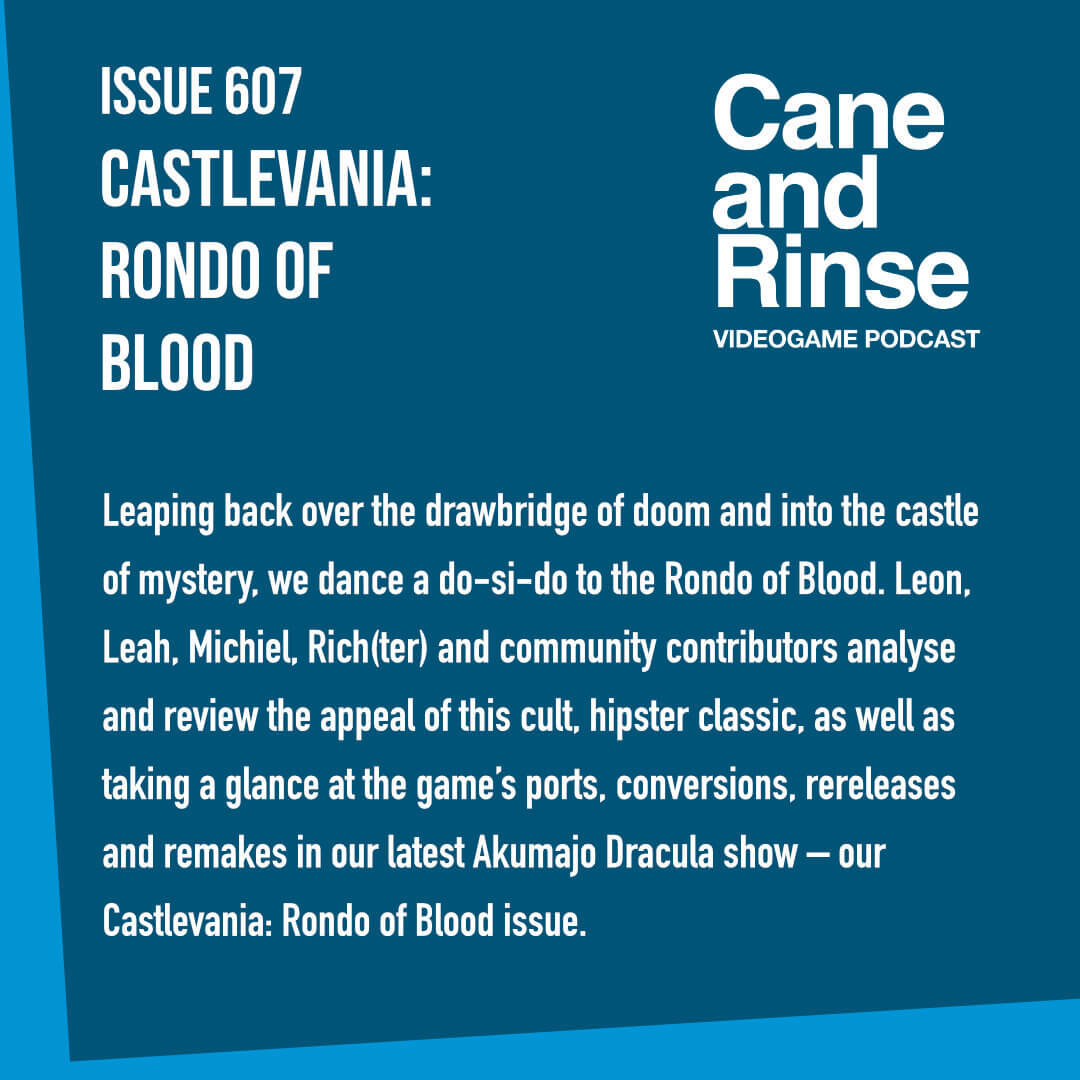
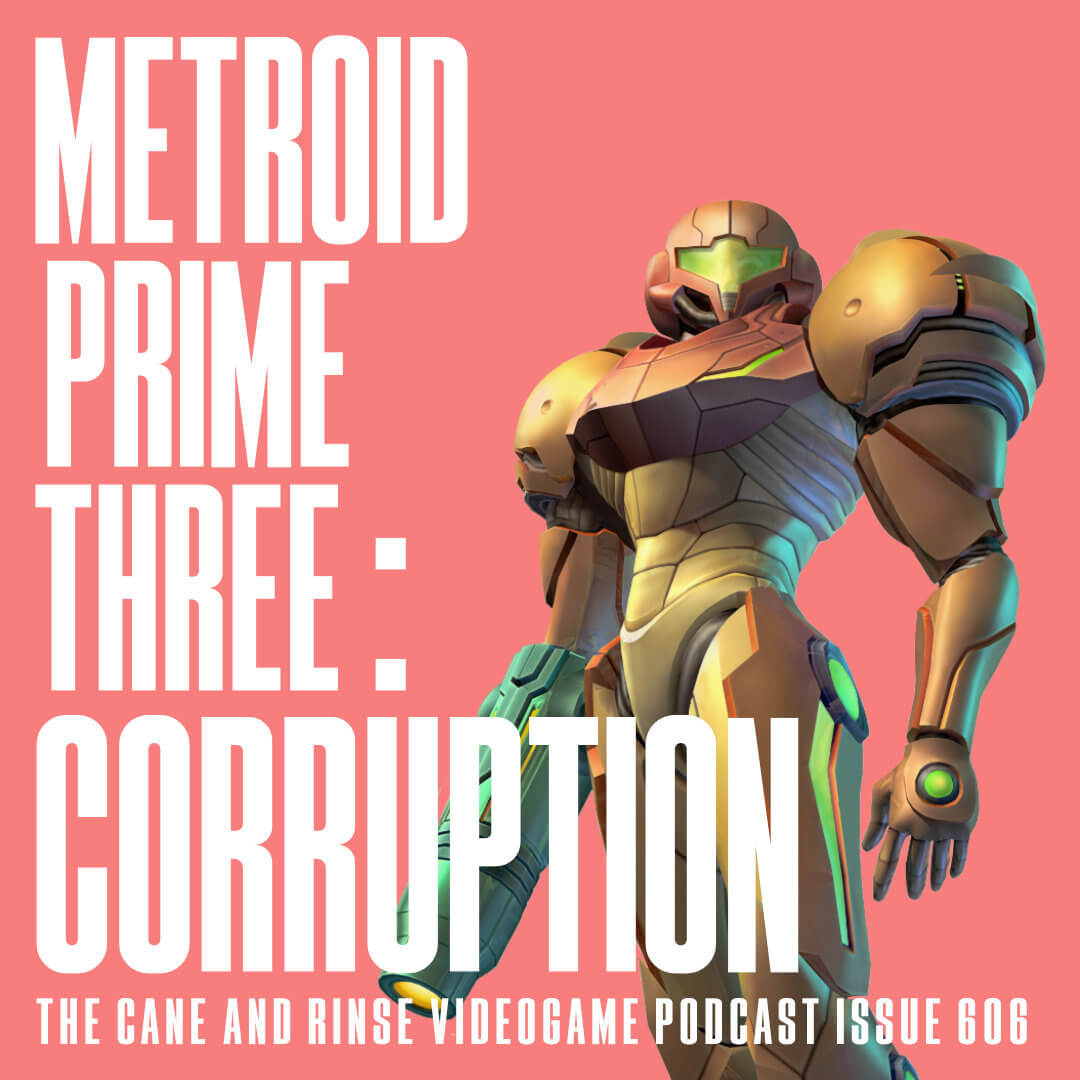


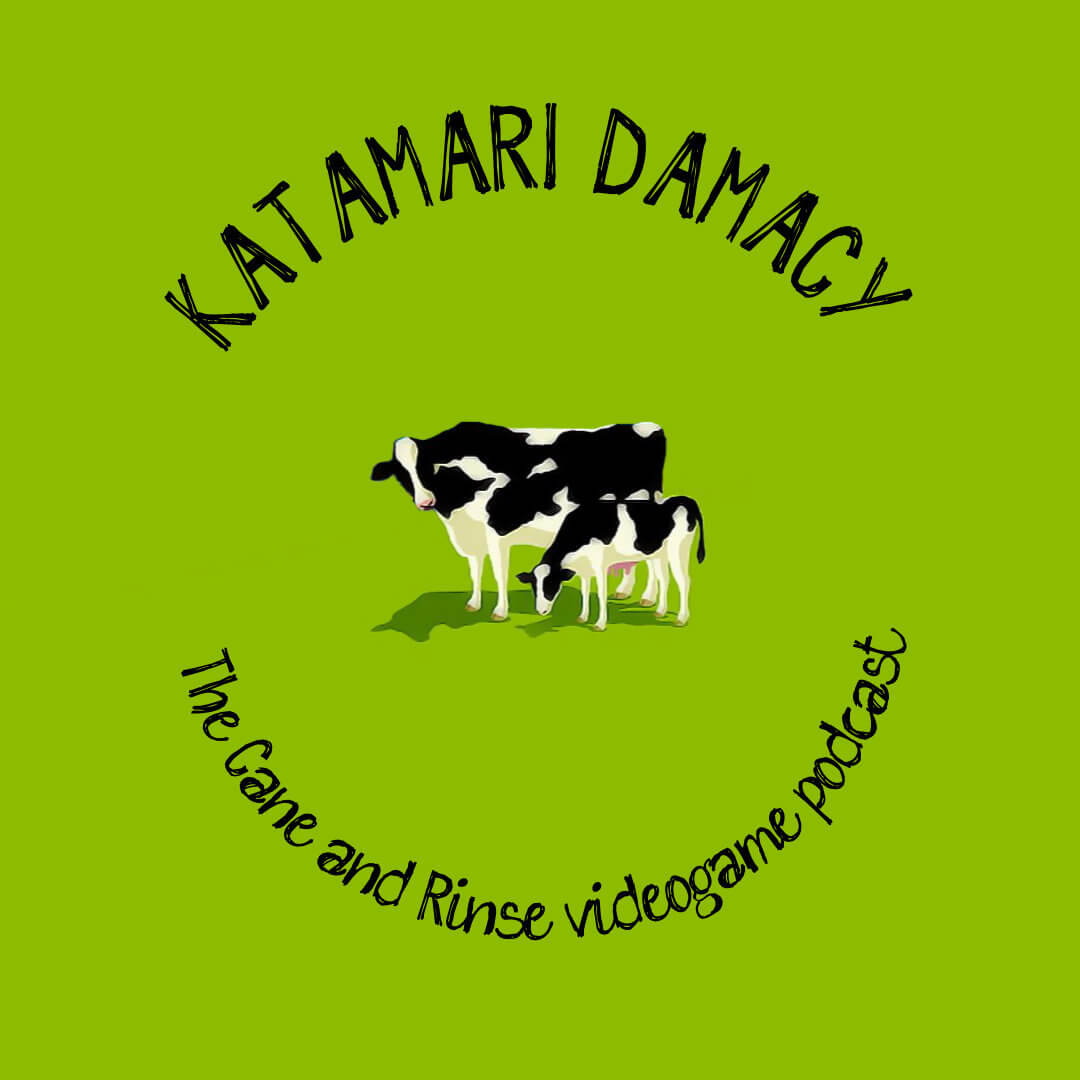


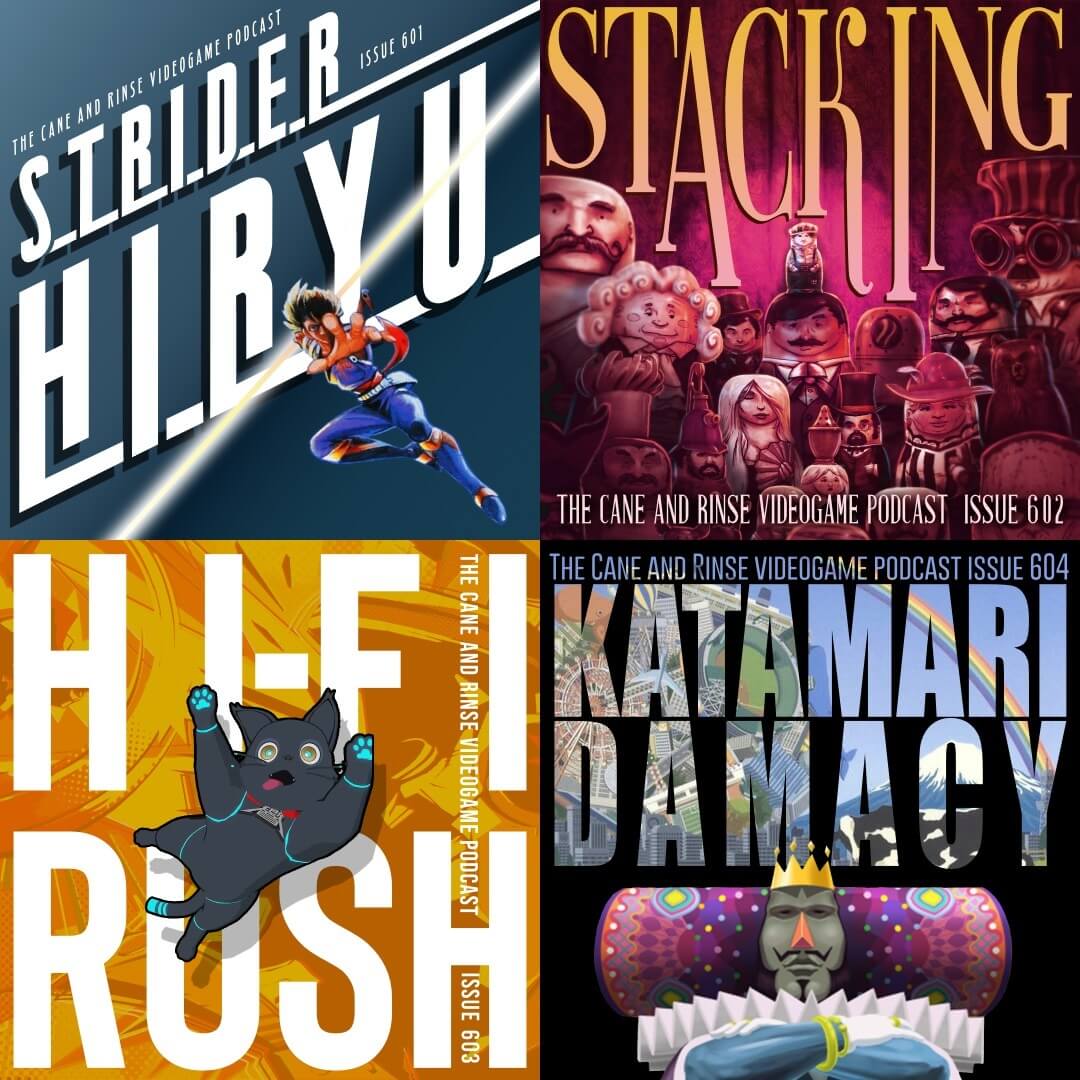
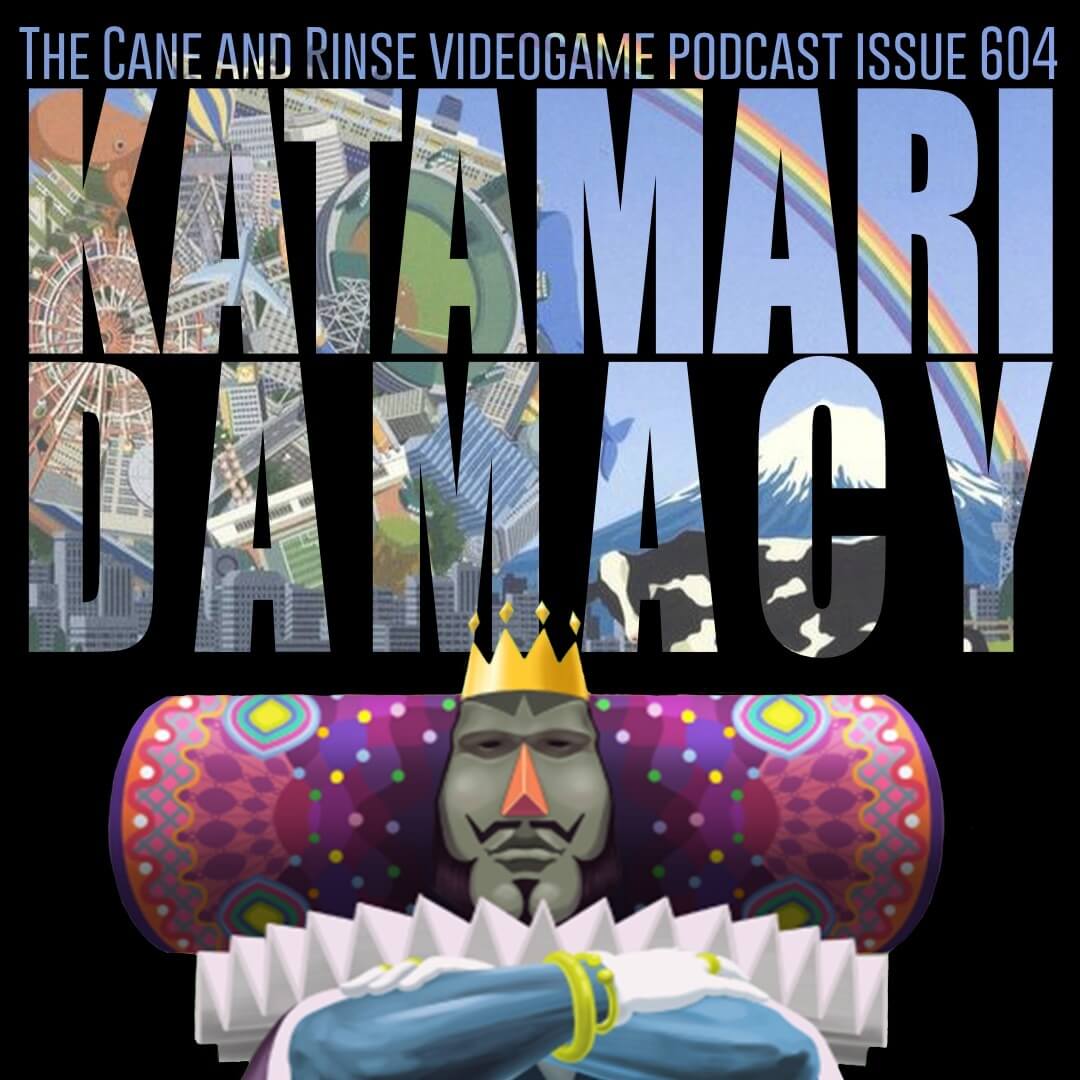



Great stuff James. I just played this game for review and I didn’t get along with it at all. I found it austere, aloof and not engaging. Perhaps it’s my lack of understanding for the work of Duras, or perhaps it’s just too clever for me. Either way I didn’t enjoy it. It reminded me of another French language game, Exxos’ 1988 sci-fi communication oddity Captain Blood, which was equally impenetrable.
I think we can all agree that there’s not a game yet been created that is too clever for you, Leon. This is more a simple matter of taste, I’m sure. It is absolutely austere and aloof, but that’s part of why I like Tale Of Tales’ games. In my younger days I would have found the obscurity of such games (poetry, films and books too) to be incredibly frustrating and deliberately obtuse, but nowadays I love picking through them looking for meaning.
Glad you played it, even if Bientôt l’été wasn’t to your taste.
Yes, as ever, it makes me happy that people are creating challenging games (or ‘not games’ if you prefer).